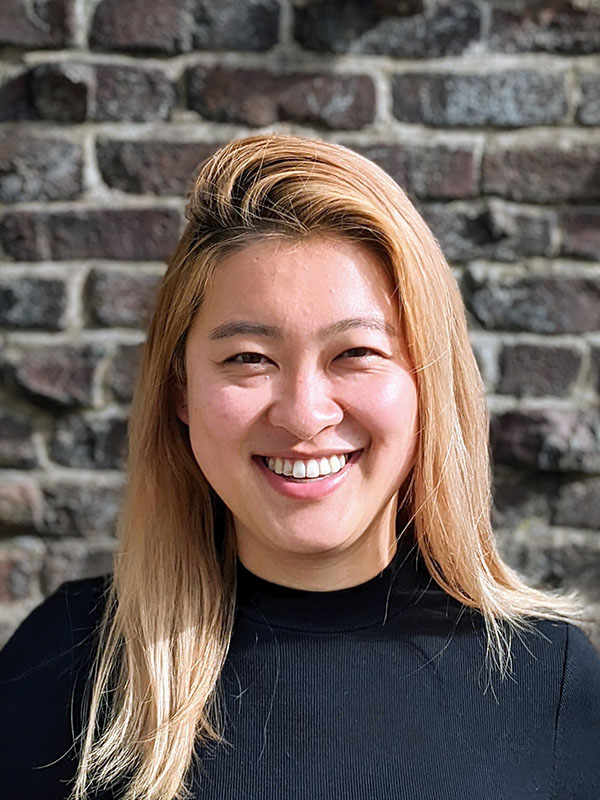When Miranda Wei attended her first Symposium on Usable Privacy and Security (SOUPS) conference in 2017, she had little experience in the field; she had only recently graduated with a degree in political science from the University of Chicago. But the community of researchers at the conference welcomed her in. That experience paved the way for her to continue doing research on privacy and security and, eventually, to pursue a Ph.D. at the Allen School.
Seven years after her first foray into the SOUPS community, Wei received the 2024 John Karat Usable Privacy and Security Student Research Award at the conference for her interdisciplinary contributions to the field and strong leadership. The award, named for the late researcher John Karat, recognizes graduate students for their research in usable privacy and security, efforts to mentor others and community service.
“As a researcher, we publish in many different venues, but SOUPS is the first conference that I went to and is the closest to my heart,” Wei said. “It’s a huge honor to be recognized for the work that I’ve done, especially as someone who came to this field from a non-traditional background.”
For Allen School professor Franziska Roesner, one of Wei’s Ph.D. co-advisors and co-director of the Security and Privacy Research Lab alongside colleague Tadayoshi Kohno, Wei is already a “superstar in usable security and privacy.” Wei’s research focuses on how societal factors can impact individuals’ security and privacy. For example, her paper presented at the 2022 SOUPS conference analyzed how TikTok creators shared information on how to leverage technology to monitor or control others, especially within families or with romantic partners. The research was one of the first to consider the platform as a data source in the field.
“When I think of thought leadership within a field, I think of those who look into places that others are not,” Kohno said. “Miranda’s work with TikTok as a data source is a great example of such leadership.”
Wei’s other work has also made strides in the privacy and security field. Her 2023 paper at the IEEE Symposium on Security and Privacy was one of the first to explore gender stereotypes within computer security and privacy practices, Roesner noted. There is still more research to do: in work presented at the 2024 USENIX Security Symposium, Wei analyzed the field’s apparent lack of knowledge on how sociodemographic factors affect computer security behaviors. For her research advancing usable security and privacy, Wei was also one of 75 graduate students from around the world selected for the 2023 Google Ph.D. Fellowship program and one in four working in the privacy and security field.
“Miranda’s work is often deep and nuanced, drawing on methodology and theory from multiple fields (such as computer security, human-computer interaction and social science) to ask fundamental questions situated in complex social and societal dynamics,” said Roesner, the Brett Helsel Career Development Professor in the Allen School. “This includes exploring constructs of power and gender, and challenging the field’s norms around what we know and how we develop knowledge.”
Outside of her research contributions, Wei is heavily involved in mentorship and community building. As a senior Ph.D. student in the Security and Privacy Research Lab, Wei works as a sounding board for other students and has served in an advisory role on multiple research projects. She also has co-founded and volunteers with the Allen School’s Pre-Application Mentorship Service (PAMS) advising prospective graduate students. At the 2024 SOUPS conference, Wei co-organized the inaugural Gender, Online Safety and Sexuality (GOSS) workshop to help integrate feminist, LGBTQ+ and critical theories into research on online safety.
“Her research vision and agenda around advancing computer security, privacy and safety for all inherently embody a global ambition for social good,” Roesner said. “She cares deeply about expanding access to opportunities for and improving the experience of people in and around computer science.”
For Wei, she did not achieve this award on her own.
“All of my research papers and projects I’ve worked on have benefited from my friends in the Security and Privacy Research Lab and my mentors across the world,” Wei said. “I really think it takes a village.”


